Cancer treatment often involves battling lesser-known side effects alongside the primary disease. One such struggle is chemo mouth, a painful condition affecting the oral cavity. This article explores the causes, symptoms, and preventive measures for chemo mouth, offering guidance to cancer patients and their families.
Chemo mouth, triggered by chemotherapy and radiation, can manifest as painful mouth sores (oral mucositis), a burning sensation exacerbated by spicy foods, and increased susceptibility to fungal infections. Additionally, patients might experience dry mouth (xerostomia) and a metallic taste, disrupting their appetite and overall well-being. Dr. Rajiv Saini, a dentist and periodontal specialist, highlights that cancer treatment damages salivary glands, leading to an imbalance in the oral microbiome and a deficiency of essential minerals and enzymes.
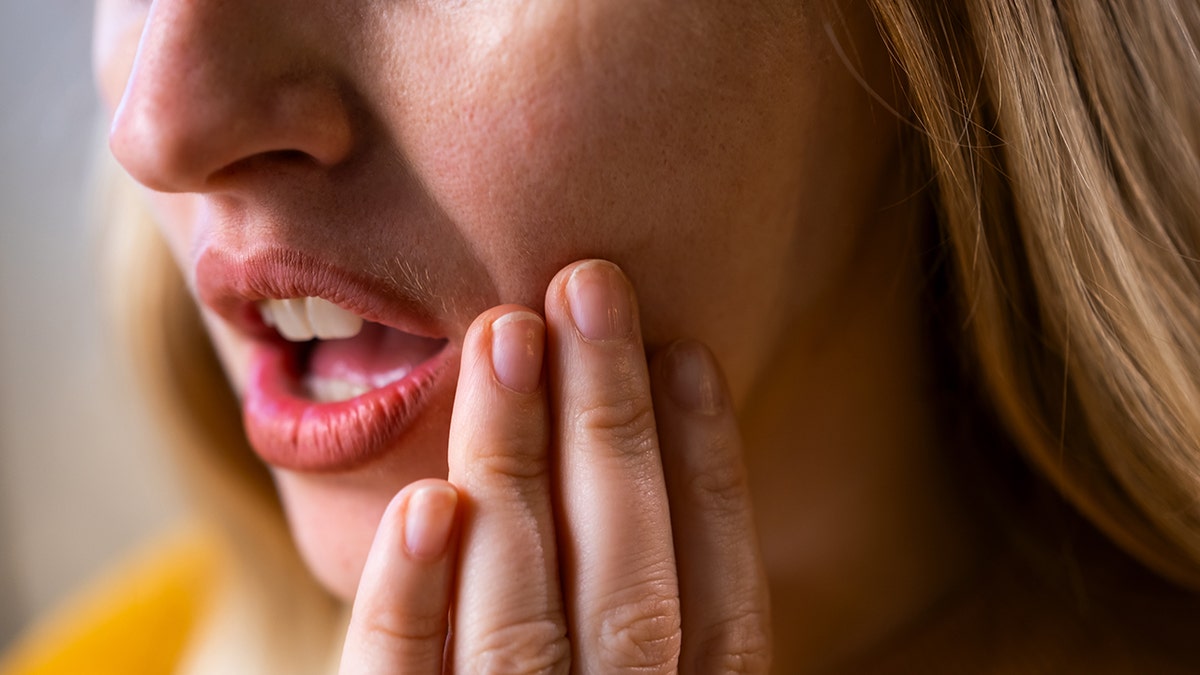
The impact of chemo mouth is significant, affecting 90% of head and neck cancer patients and approximately 40% of all cancer survivors. Beyond the physical discomfort, chemo mouth can impede communication, making it challenging for patients to interact with loved ones, leading to feelings of isolation during an already difficult time.
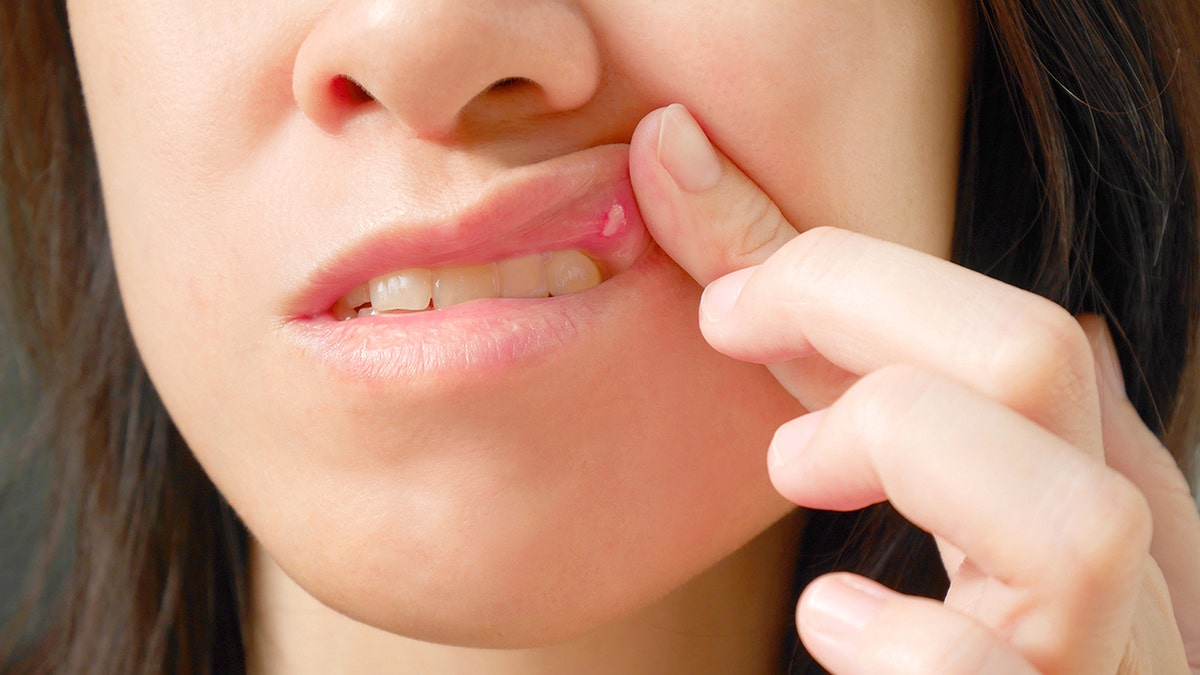
Dr. Saini emphasizes the importance of preventative dental care for cancer patients. He recommends routine dental check-ups immediately following a cancer diagnosis to address potential issues before they escalate during treatment. This includes cleaning, filling cavities, and treating gum infections. He advises against using mouthwashes containing alcohol and artificial additives, as these can irritate sensitive oral tissues.

A simple yet effective remedy for chemo mouth is a saltwater rinse. Sea salt, rich in minerals like sodium, calcium, zinc, chromium, and silicon, promotes healing and restores balance to the oral environment. Dr. Saini points to research supporting the therapeutic benefits of sea salt for minimizing dental complications and accelerating recovery.
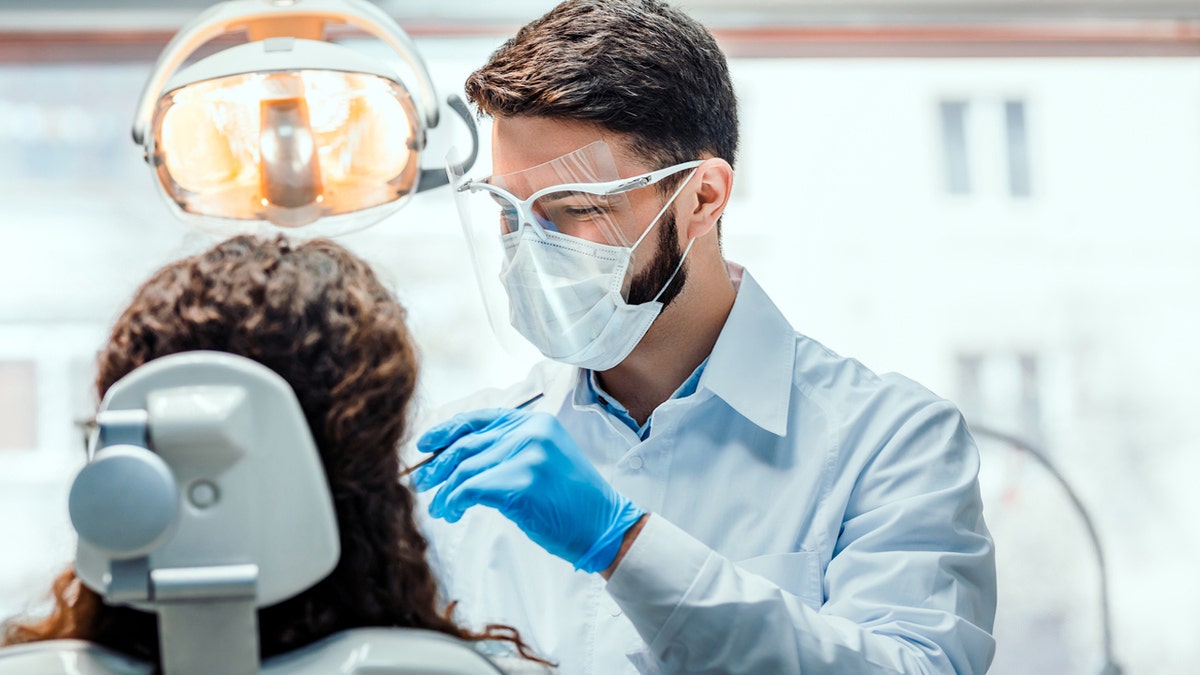
Dr. Monique Gary, a breast surgical oncologist, also recommends saltwater rinses, suggesting the addition of baking soda for enhanced soothing effects. "Magic mouthwash," containing an antihistamine, topical anesthetic, and sometimes an antacid, antibiotic, and antifungal, can provide further relief. Staying hydrated and using lip balm are also crucial for managing dry mouth and preventing cracked lips.
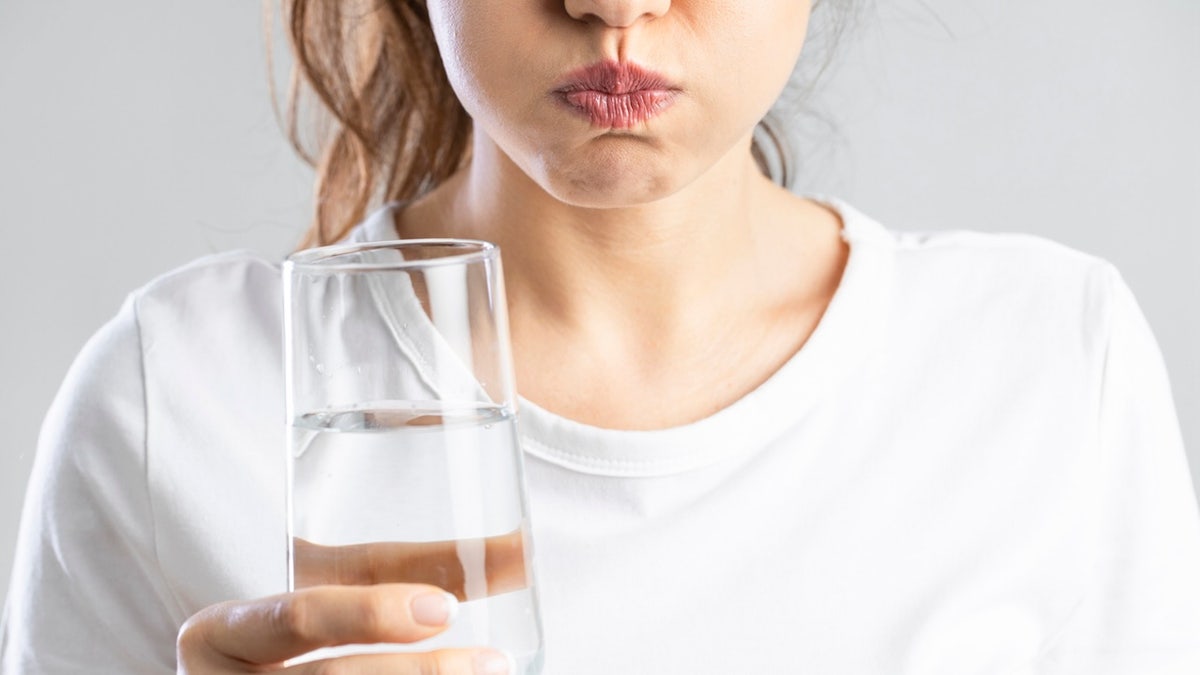
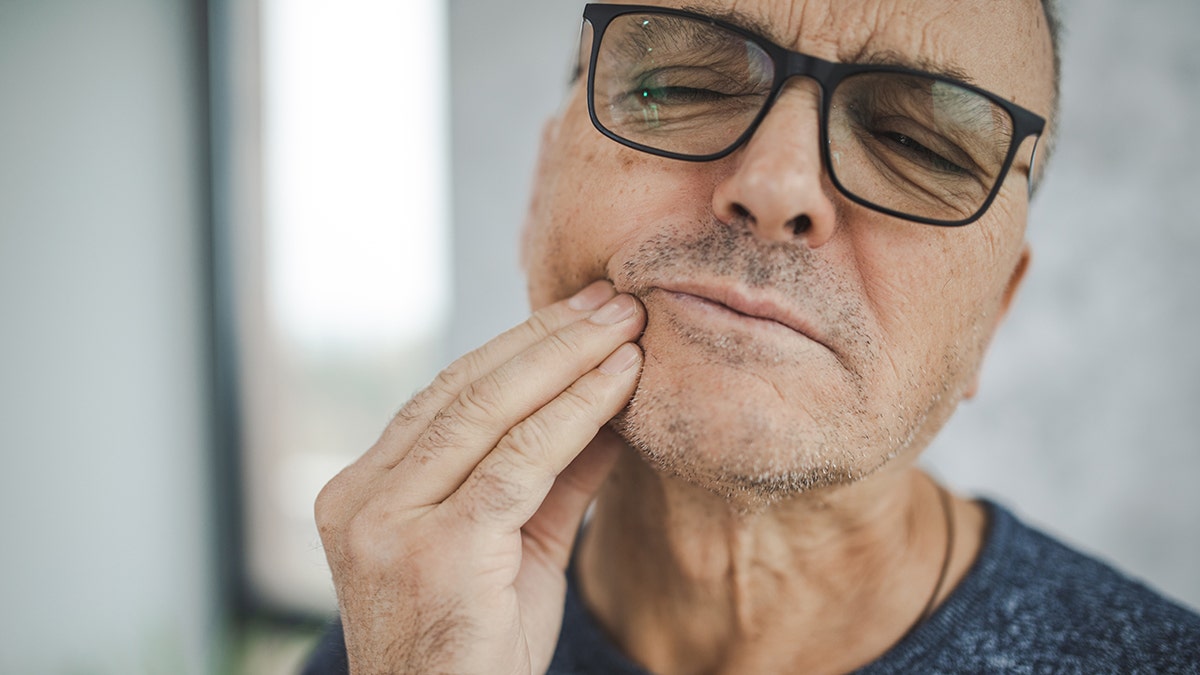
Despite the importance of oral care during cancer treatment, Dr. Saini notes the lack of dedicated dental professionals in cancer clinics, often leading to delays in necessary interventions. Addressing this gap could significantly improve patients' quality of life during and after cancer treatment.
Comments(0)
Top Comments